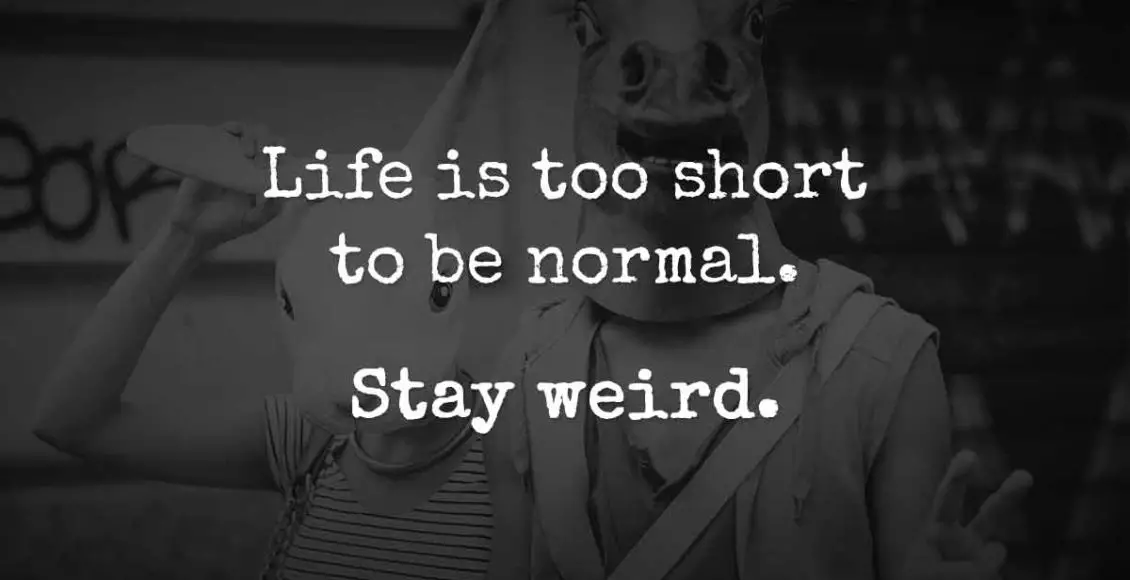It’s no secret that creative minds tend to be a little different.
Look at people like Hunter S. Thompson, Van Gogh, and even our beloved Nikola Tesla. Although there seems to have always been a tentative link between creativity and mental illness, new research is aimed at confirming what we have always kind of assumed.
A genetics company called deCODE in Reykjavic, Iceland has released a study in which they claim they have found the existence of a genetic link between mental illness and creativity.
The study involved analyzing medical and genetic information from 86,000 Icelanders.
What they found was that artists, dancers, writers and musicians were 25% more likely to have genetic factors that are associated with mental disorders like bi-polar disorder and schizophrenia.
Kari Stefansson, the founder and CEO of deCODE, said in an interview: “To be creative, you have to think differently, and when we are different, we have a tendency to be labeled strange, crazy and even insane. Often, when people are creating something new, they end up straddling between sanity and insanity. I think these results support the old concept of the mad genius. Creativity is a quality that has given us Mozart, Bach, Van Gogh.”
The study, although somewhat seemingly conclusive, has already developed critics.
Albert Rothenberg, professor of psychiatry at Harvard University, has interviewed more than 40 Nobel laureates and found no mental illness present in any of them. Rothenberg points out that the deCODE analysis was based on the profession of the people analyzed, which may have nothing to do with their actual level of creativity.
He pointed out, “Belonging to an artistic society, or working in art or literature, does not prove a person is creative. But the fact is that many people who have mental illness do try to work in jobs that have to do with art and literature, not because they are good at it, but because they’re attracted to it.”



